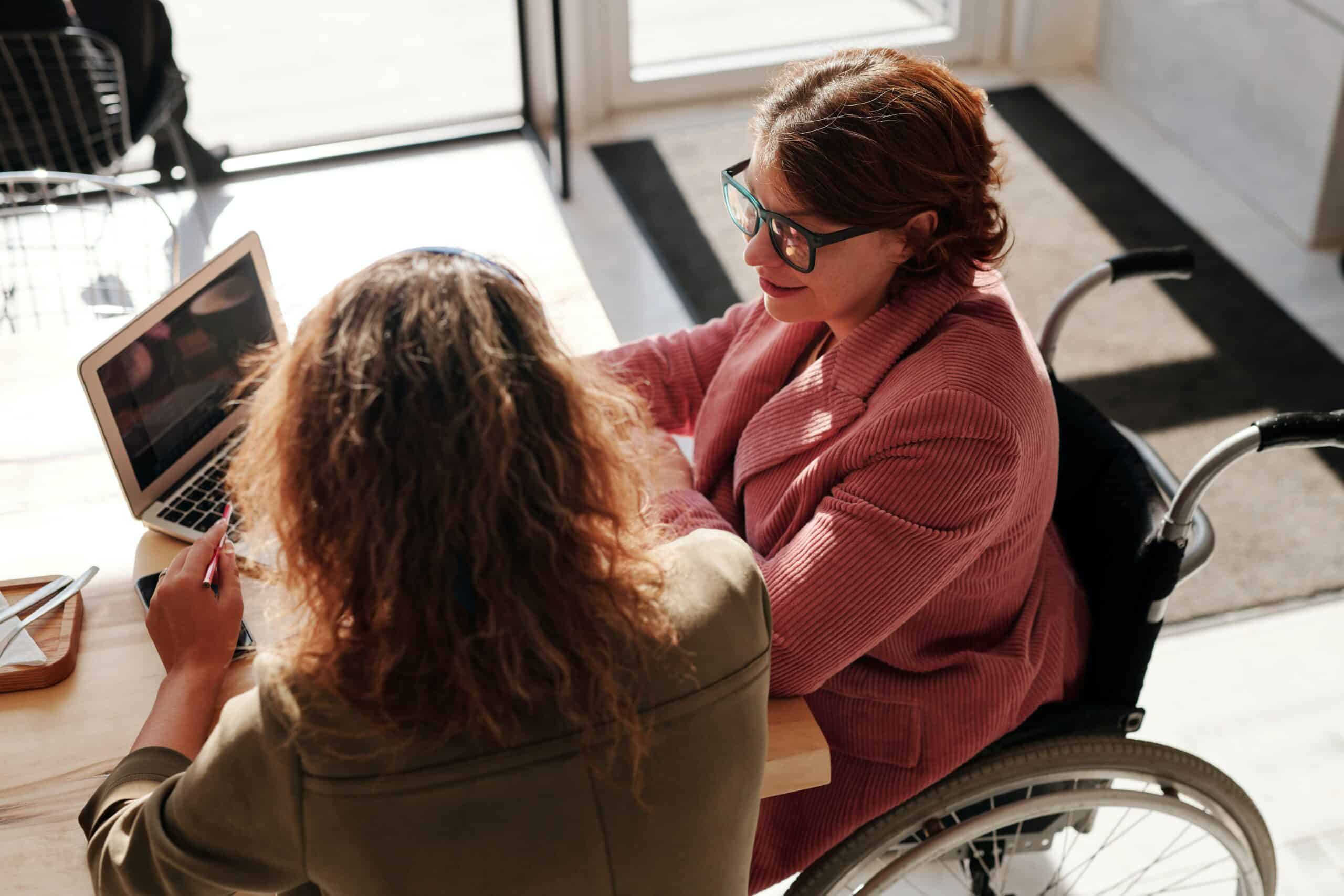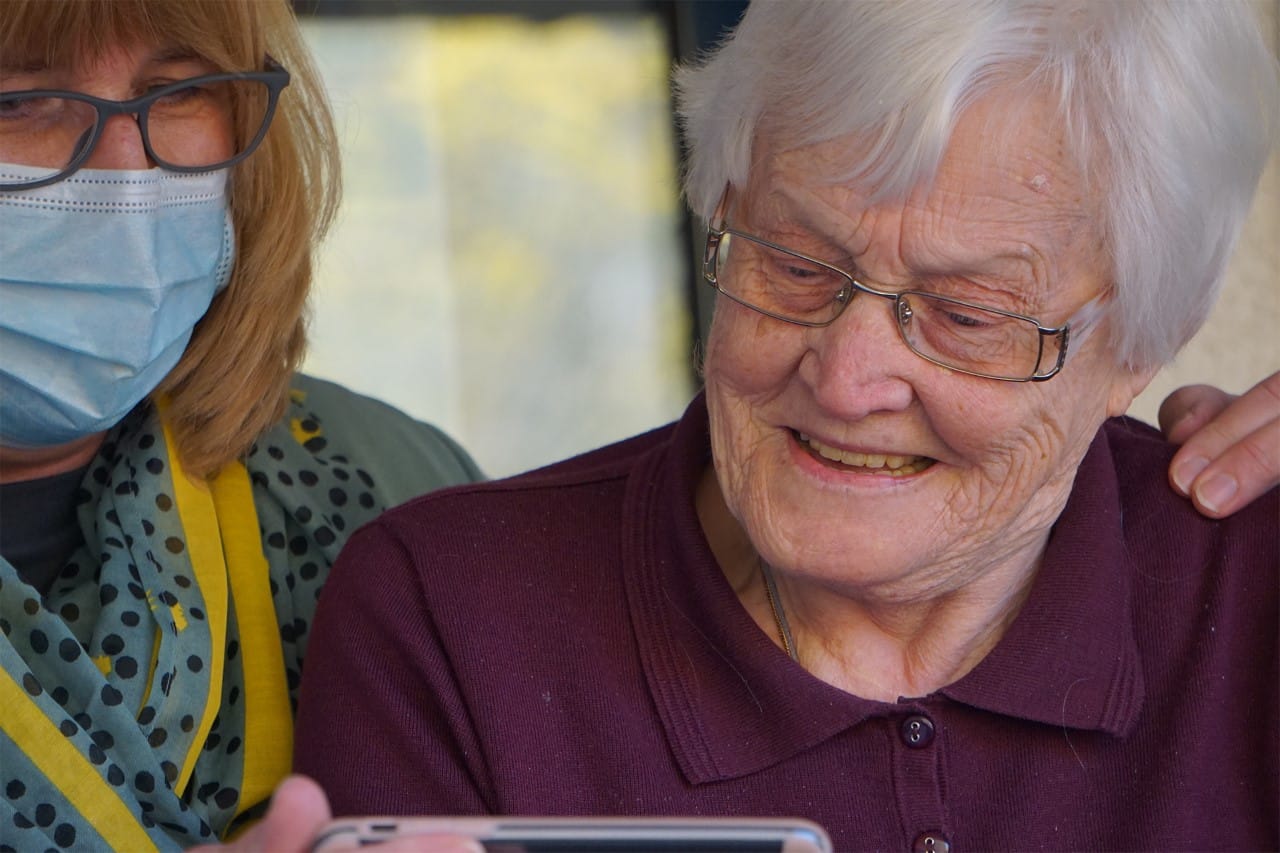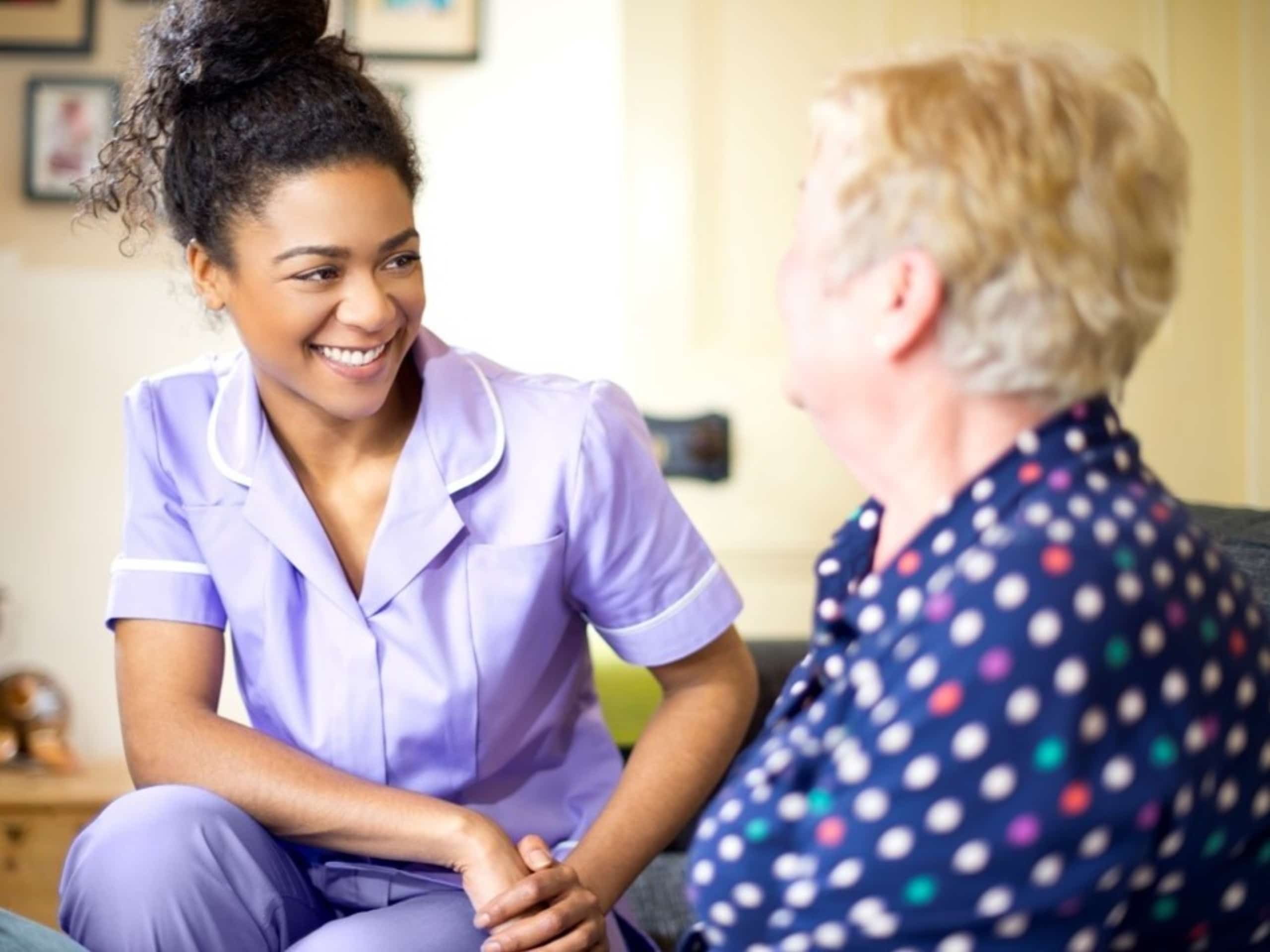What to look for in a computer for the elderly?
Computer, laptop or tablet?
Deciding on the type of computer or tablet can get a little confusing and overwhelming. But, it's an essential device for many people.
The COVID-19 pandemic brought an increased reliance on digital devices. It allowed people to continue with education, work, shop for groceries online, carry out medical appointments via video calls and more importantly, keep in contact with friends and family.
Computers and tablets are everyday devices that many rely on, but deciding what works for you is essential. Whether you are looking for a computer or prefer having something a little more lightweight, like a laptop or tablet, you have come to the right place.

Well equipped
High storage
Cost-effective
Best for...
Lightweight
Battery operated
No need for a mouse
Best for...
Small in size
Compact
Touchscreen
Best for...
How to decide what you require?
When it comes to deciding what you require, you may find yourself asking what you will use the device for, what features you'd need and can you afford it? So, here's a bit of help.

What would you use it for?
Many people use a computer, laptop or tablet for work purposes, keeping in touch with family or having a browse. Here are a few ways you may use your device.
Browsing
Emails
Shopping
Online banking
Communicating
Games
Social media
Music
News and current affairs
Taking pictures
Writing notes
Work
Watching films
What features do you need?
There are plenty of features to choose from; whether you’re a tech geek or want something simple, there is something to suit everyone’s needs. You will need to consider software and apps you would benefit from using as well as physical features such as the size of the device. Here’s something to get you started.
Personal assistant
Personal assistants, like Siri and Google Assistant, are a feature that makes things a lot more accessible. There is no need to type; you simply say ‘Hey Google’ or ‘Hey Siri’ and ask to carry out tasks, such as replying to messages or emails, calling friends, adding events to your calendar or items to your shopping list, setting reminders, researching specific medical conditions and much more.
Simple interface
You may prefer a device with a simple interface, without several apps floating around the screen.
All devices have different interfaces, and you can also organise your apps into folders. So, you can have one dedicated to games and another to shopping.
Screen size and weight
If you want something light, a laptop or tablet might be better for you. These are more compact and easy to travel with.
However, individuals with poor vision may prefer a computer as they come with a bigger screen.
What are you comfortable with?
A computer may be better if you feel comfortable browsing and playing games at a desk. Or perhaps you like to sit on your sofa with a cup of tea to video call your friend or a family member; then a tablet would be a better option. They tend to be lightweight, so they shouldn’t cause pain in your hands and arms. Plus, they are becoming a household favourite.
Here are some questions to take into consideration:
Do you prefer a handheld device?
Do you want something light?
Where would you want to sit with the device?
Do you live with a specific condition that limits what device you can use?
Do you prefer something familiar?
What to look for in a device
Whether you want a device that has fast speed, a high-quality screen or something that is compact, here's some things you should take into account.
Storage
Storage allows you to save images, videos and other files to your device. For computers and laptops, 128GB to 256GB should be enough; 16GB to 64GB should suffice for a tablet. There is also an option to get additional storage by purchasing an external hard drive.
Size and weight
If you want something more lightweight, go for a laptop. Or if you are looking for something portable with a larger screen, a laptop would be the better option.
Security
Ensuring you have the right virus software is essential. When purchasing your device, you should be given more information on virus software and how to stay safe online.
Screen resolution
The higher the screen resolution, the better the image quality. This means the screen quality will appear sharper, but the text will be smaller. This may be better for older people, especially those with low vision.
Performance and speed
Performance and speed for a computer is known as RAM, so more RAM means a faster computer. For older people, 8GB to 16GB will be plenty.
Customer support
Receiving support when you need it is always a must. So make sure you can contact customer services without any problems and ensure issues are resolved swiftly.
How Helping Hands can help with elderly care
At Helping Hands, we have provided elderly care at home since 1989 on a visiting care and live-in care basis. Our carers can assist you with your daily routine, including household duties, preparing nutritious meals, exploring the community, and using devices such as laptops, tablets, and computers. They will be able to guide you on how you can use the devices to make video calls, play games and browse the internet. Whatever your requirements, you can count on our carers to be there for you, no matter what.
Our care services are also regulated and monitored by the Care Quality Commission and Care Inspectorate Wales. So, you can be confident knowing you’ll receive the high level of care you deserve.
For more information on elderly care, contact our customer care team today. They are available seven days a week and will be able to answer any queries you may have.

Page reviewed by Deanna Lane, Clinical Manager , on October 16, 2023.